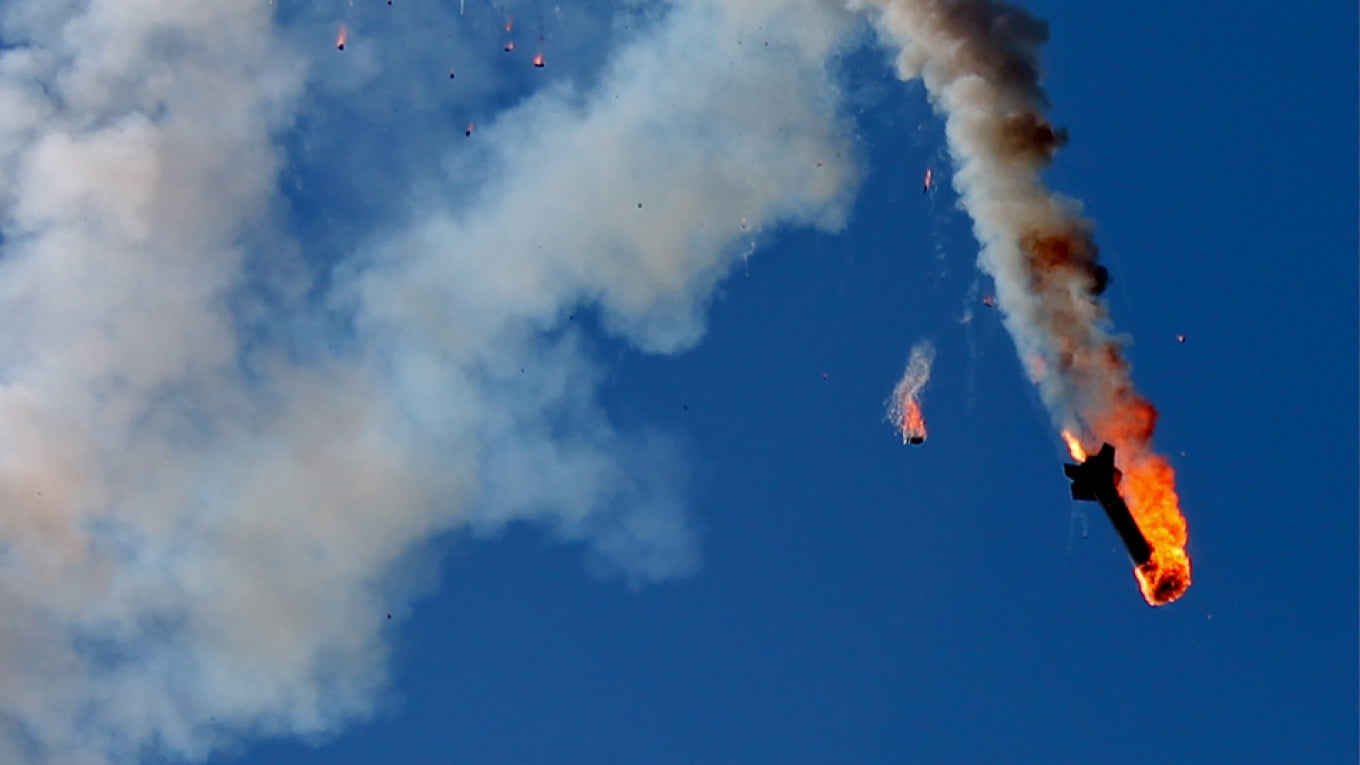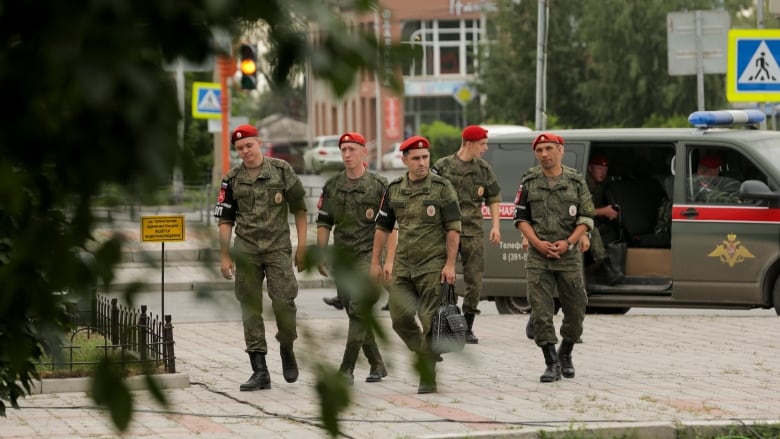By Richard Weitz
The August 8 nuclear explosion of the new Russian Burevestniks cruise missile doubly reminds us of the need to end the U.S. dependence on Russian rocket boosters. America’s reliance on Russian rockets presents a major security and safety vulnerability that must be eliminated as soon as possible.
First, the Russian government is openly engaged in an arms race with the United States that extends throughout the globe and into outer space. The Russian military is developing a range of weapons to kill us, including anti-satellite weapons to blind the Pentagon. It is not hard to imagine Moscow suspending the sale of critical components to the U.S. military space program.
Second, the large number of recent Russian military and space accidents should make clear the danger of depending on unreliable Russian space tech. Not only has the Burevestniks repeatedly crashed, but only one day after the missile’s latest mishap, several massive Siberian munitions dumps exploded, forcing thousands of people to flee. Last month, the Russian Navy’s most advanced nuclear spy submarine also suffered an explosion and fire, killing fourteen officers.
Not only are Russian space systems unreliable, but the Russian space industry faces is plagued with corruption, safety problems, and is suffering an exodus of skilled workers, either into retirement or exile.

The Congress has cleverly leveraged leading U.S. private sector firms to share the costs with the government. These contractors have been tasked to develop next-generation space rockers that can place military payloads in orbit.
In particular, the Congress has authorized the Air Force’s National Security Space Launch (NSSL) program to provide limited funding to the most competitive U.S. space corporations. The program aims to utilize several capable rocket manufacturers in order to revitalize the U.S. national security space launch fleet.
The process has been proceeding well. In 2019, the Air Force awarded three developmental Launch Service Agreements (LSA). These LSAs provided targeted funding to the U.S. space companies developing launch system prototypes that can best cover all critical orbits.
On May 3, the Air Force initiated Phase 2 of the NSSL program. Its Space and Missile Systems Center, partnering with the National Reconnaissance Office, released a request for proposals for competitive contracts for two domestic launch service providers. These providers would share opportunities for National Security Space payloads over the next five years.
According to the Trump administration, “the national security space launch requirements over the course of five years would optimize warfighter flexibility, minimizes mission risk, and provides exceptional value to the taxpayer.”
This revitalized commercial U.S. space force will work in concert with the new Space Command that will become the Defense Department’s 11th unified combatant command on August 29. Without strong commercial space companies independent from Russian engines, the new Space Command would not have secure satellites critical for its success.
The Air Force has insisted that the NSSL program must remain on schedule to safeguard U.S. national security interests. Air Force Secretary Heather Wilson, observing that, “We are answering Congress’ 2014 directive to transition off the Russian-made RD-180 rocket engine” by the end of 2022, affirmed that, “We must move forward now.”
However, the House Armed Services Committee (HASC) version of the National Defense Authorization Act for Fiscal Year 2020 would upend this critical program for achieving U.S. space independence.
Specifically, the Committee’s proposed changes would force the Air Force to reopen the competition for launch contracts late into the development program despite the resulting delays and higher costs to incorporate them.
Another change would earmark half-a-billion dollars for a special “certification and infrastructure” fund to companies that do not receive a Launch Service Agreement with the Pentagon, which would undermine the basis for a fair and open competition.
The HASC version would also require the Air Force to notify Congress in advance of its awards, which risks further politicizing military space issues.
The White House has warned that the HASC language “would increase mission risk for the nation’s national security satellites” because it “would increase per-launch cost while simultaneously introducing risk and costs for some intelligence payloads.”
Russia’s nuclear explosion and other hostile national security acts are but the latest reminder of the danger of relying on Russia as a critical source in the U.S. outer space supply chain. Now is the time to end U.S. dependence on Russian rocket engines by executing the agreed program.
The featured photo shows Russian military police patrolling the city of Achinsk in eastern Siberia’s Krasnoyarsk region following an explosion. The Emergencies Ministry said that 9,533 people were evacuated from the area 20 kilometres from the depot and about 7,000 fled on their own as massive explosions sent plumes of black smoke high into the skies.(Dmitry Dub/Associated Press)


